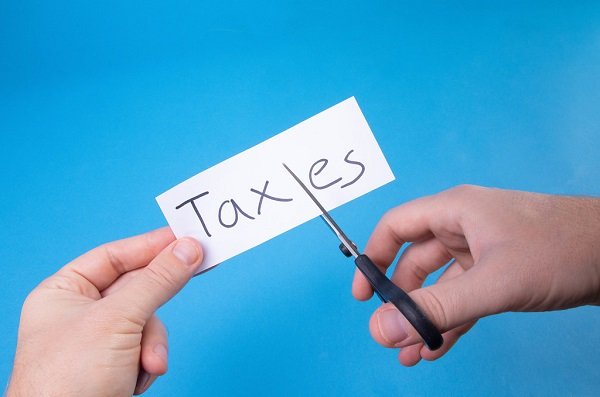On Wednesday (25/05), the Federal Chamber approved a project that limits the rate of the Tax on the Circulation of Goods and Services (ICMS) – a state tax – on fuels, energy, natural gas, communications and public transport. The proposal now goes to the Senate. According to the text, these items will be now classified as essential and indispensable, which prohibits states from charging a rate higher than the general ICMS rate, which varies between 17% and 18%. The measure also applies to aviation kerosene. Currently, these goods and services are classified as superfluous and the ICMS levied in some states exceeds 30%.
Motivation
The approval comes in the wake of an effort led by Federal Chamber President Arthur Lira, an ally of the President Jair Bolsonaro, to reduce the price of electricity and fuels. According to experts, this initiative is likely motivated by concerns with the Government’s popularity in an election year. Besides the direct impacts, increases in energy and fuel have affected inflation, leading to a cascading effect in the economy.
Financial Compensation for the States
ICMS is a state tax and one of the main sources of revenue for the states. They are likely to have a large revenue loss if no measures are applied. That is why, the text establishes a compensation regime, by the Union, to entities that need to refinance debts and adhere to the Tax Recovery Regime (RRF), due to the loss of collection due to the reduction of ICMS. Governors complain about revenue losses and say these losses could threaten public services. Still, a study by the Independent Fiscal Institution (IFI) published by the newspaper “O Globo” on Monday (23/05) shows that the states have a record of cash resources: almost R$ 320 billion by the end of the first two months of this year.
TO CONTROL INFLATION, IMPORT TAXES ARE ALSO CUT
On Monday (23/05), Economy Ministry announced a new 10% reduction in Import Tax rates. According to the folder, the measure reduces taxes on goods such as beans, meat, pasta, cookies, rice, construction materials and it is valid until December 31st, 2023. According to the government, the measure should help to make almost all imported goods cheaper. More than 87% of tariff codes had their rate reduced to 0% or reduced by a total of 20%. The Foreign Trade Secretary at the Ministry of Economy, Lucas Ferraz, stated that the reduction should reduce inflation by 0,5 percentage point in a conservative scenario, but it could reach up to 1 percentage point.




